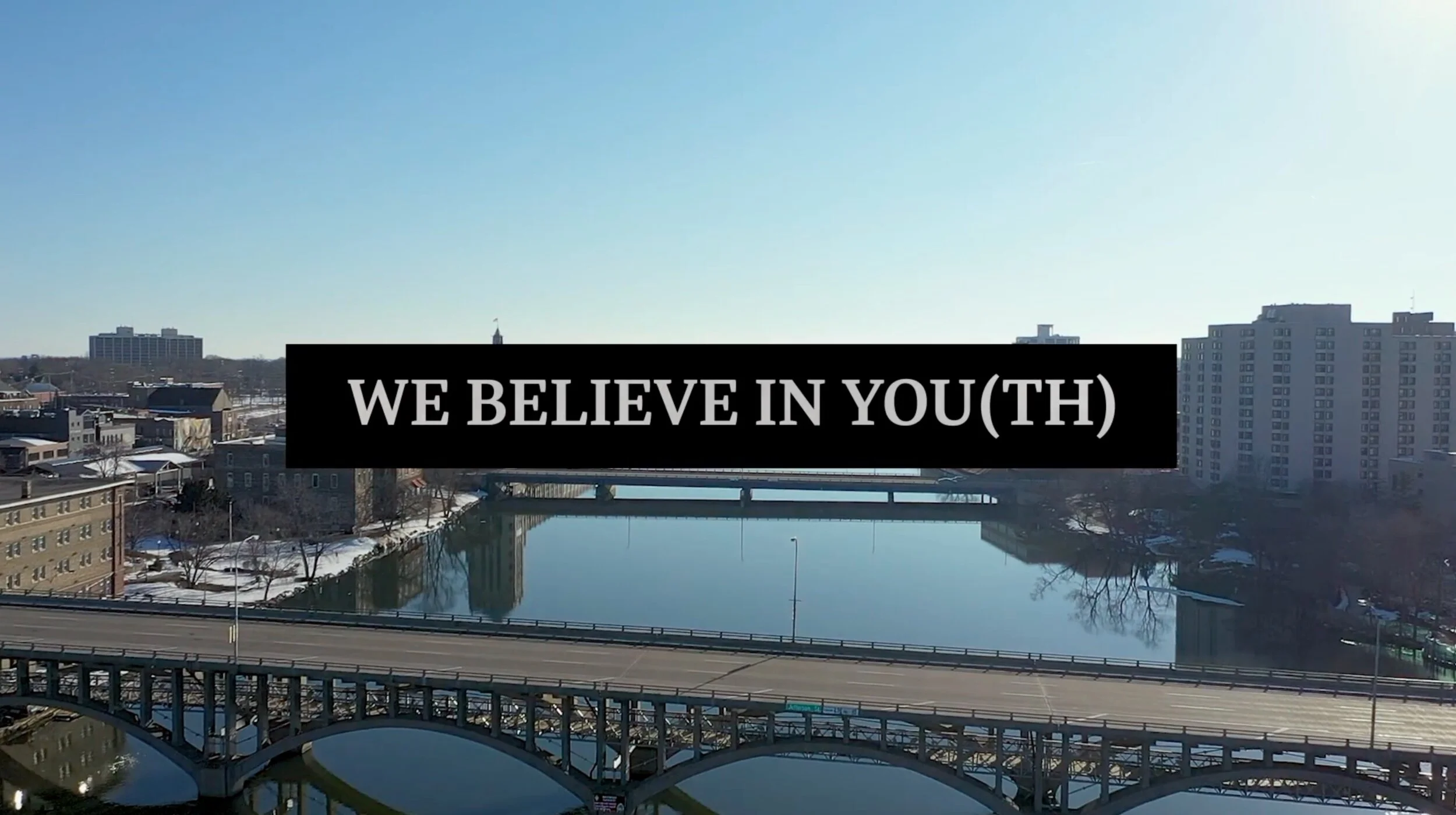YFC Camp: Ben
Ben grew up knowing about God, but his faith was challenged and stretched when he faced an unforeseen circumstance in his life. He was dealing with anger, pain, and questioning why God would allow something so tragic to happen to his family. He started to make decisions that were leading him more and more down a path away from God.
BUT GOD…
A Day of Men's Ministry
More than a Campaign
Young people are craving authenticity and to feel known. But the world they are living in is pulling them apart - digitally, socially, politically, spiritually. Instead of feeling known, they are feeling detached, isolated and anxious. This season is no exception. We’re more divided, isolated, and overwhelmed with issues than ever.
Our Reflection to the World: Enduring Humility
In many ways, an organization’s culture should be like a well-composed culinary dish, where all of the ingredients of the dish complement one another and the flavors are perfectly balanced. At Stateline Youth For Christ, our goal is that the youth we serve would taste Christ’s love for them through our ministry. To help them taste Christ’s love, a key ingredient in our organizational culture is enduring humility. But what is the proper flavor profile of enduring humility, especially when our zeitgeist’s cultural ethos promotes the elevation of one’s self and a hyper attentiveness to “me and my rights?” In other words, what does it look like for us to practice enduring humility in the Stateline area today?
Addressing the Mentoring Gap
YFC USA recently shared a report that explored young people’s perspectives on mentoring. This report found that of the estimated 24 million at-risk* young people in our country, there are “an estimated nine million at-risk youth who will reach age 19 without ever having a mentor” (Bruce and Bridgeland 3). Nine million young people without a mentor is a staggering number, especially when you consider everything that young people are facing today.
At NextSteps, We are Family
NextSteps is a program of the Juvenile Justice Ministry here at YFC. Our vision for NextSteps is to bring restoration to youth involved with the justice system by inspiring hope through relationships and new opportunities. We do this by building new relationships and strengthening existing relationships with at risk young people through holistic support from a positive caring adult.






